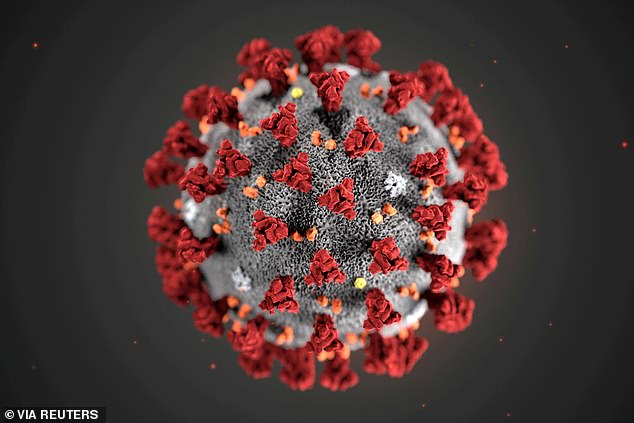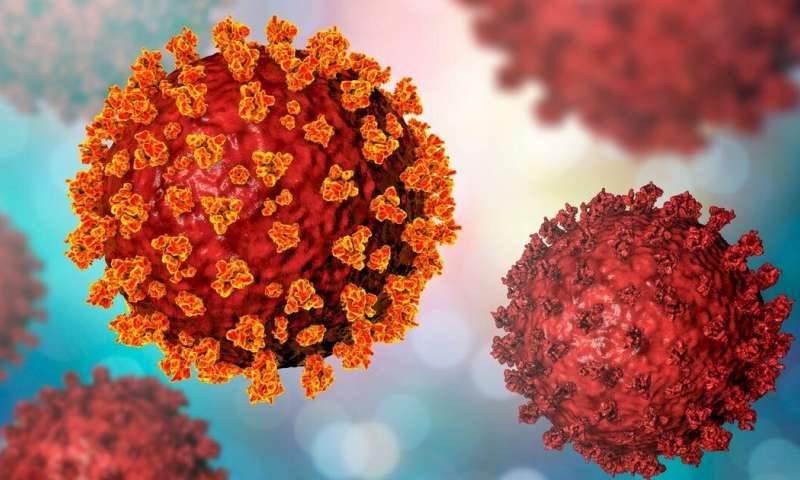Researchers from Tokyo Metropolitan University have shown that skeletal muscle satellite cells, key players in muscle repair, proliferate better in
Month: April 2021

Vaccinating in Venice on a vaporetto for Easter Monday
In times of coronavirus, it doesn’t get more Venetian than this. Venice began vaccinating Monday some of its elderly residents
Maddening itch of liver disease comes from a surprising source
A devastating itching of the skin driven by severe liver disease turns out to have a surprising cause. Its discovery

International team identifies genetic link between face and brain shape
An interdisciplinary team led by KU Leuven and Stanford has identified 76 overlapping genetic locations that shape both the face
Approaches for disinfecting occupied rooms efficiently and safely with UV light
A new study published in Indoor Air provides design-based solutions on how to best use ultraviolet germicidal irradiation (UVGI) to disinfect occupied

Researchers create rapid diagnostic tests and multi-omics analytics platforms for SARS-CoV-2 infection
Two distinct diagnostic tests, a host/pathogen RNA sequencing platform, and spatially-resolved tissue mapping tools were created by a multidisciplinary team

Dramatic drop in common viruses raises question: Masks forever?
Masks and physical distancing are proving to have major fringe benefits, keeping people from getting all kinds of illnesses—not just
Mouse models of neurodevelopmental disorders display metabolic dysfunction
Mouse models of neurodevelopmental disorders possess unique, sex-specific metabolic dysfunctions, according to a new study in eNeuro. Understanding the unique metabolic

COVID-19 convalescent plasma with greater antibody levels is safe and shows promise
Convalescent plasma, the use of survivors’ antibodies transfused into sick COVID-19 patients is safe and significantly improves clinical outcomes when
Surgical technique may reduce positive margin rate in breast cancer patients with DCIS
According to the American Cancer Society, a noninvasive breast cancer called ductal carcinoma in situ (DCIS) accounts for approximately one
